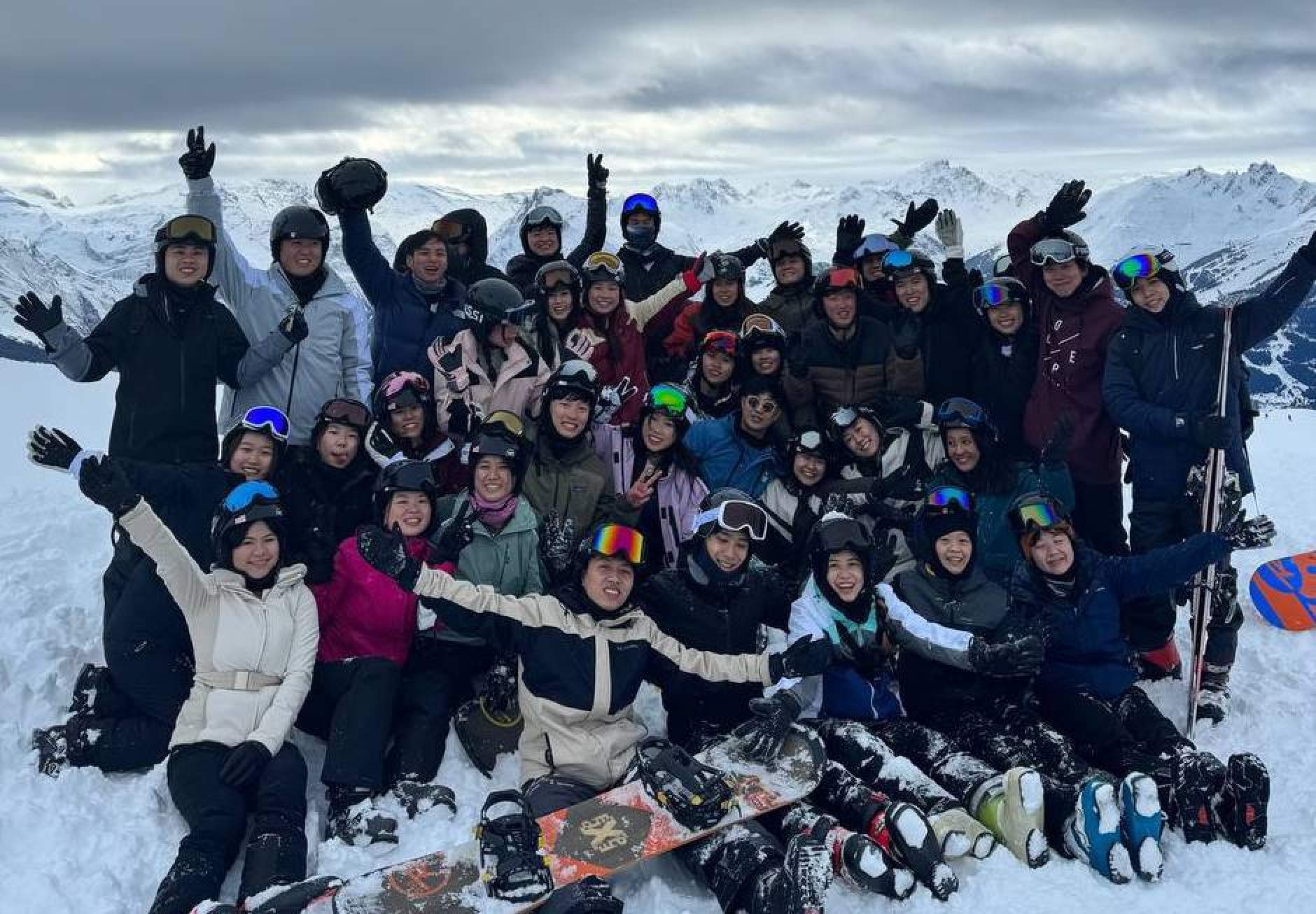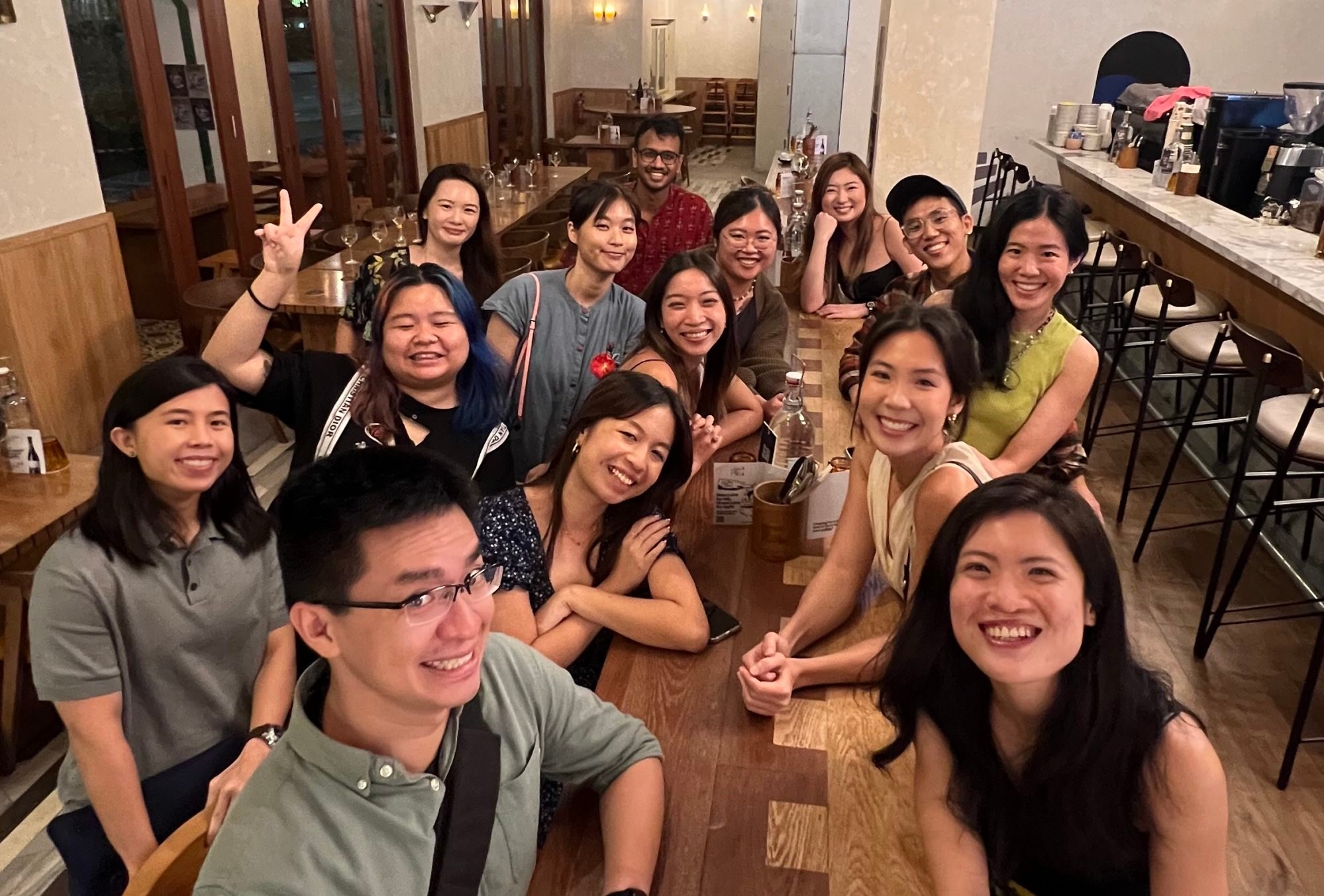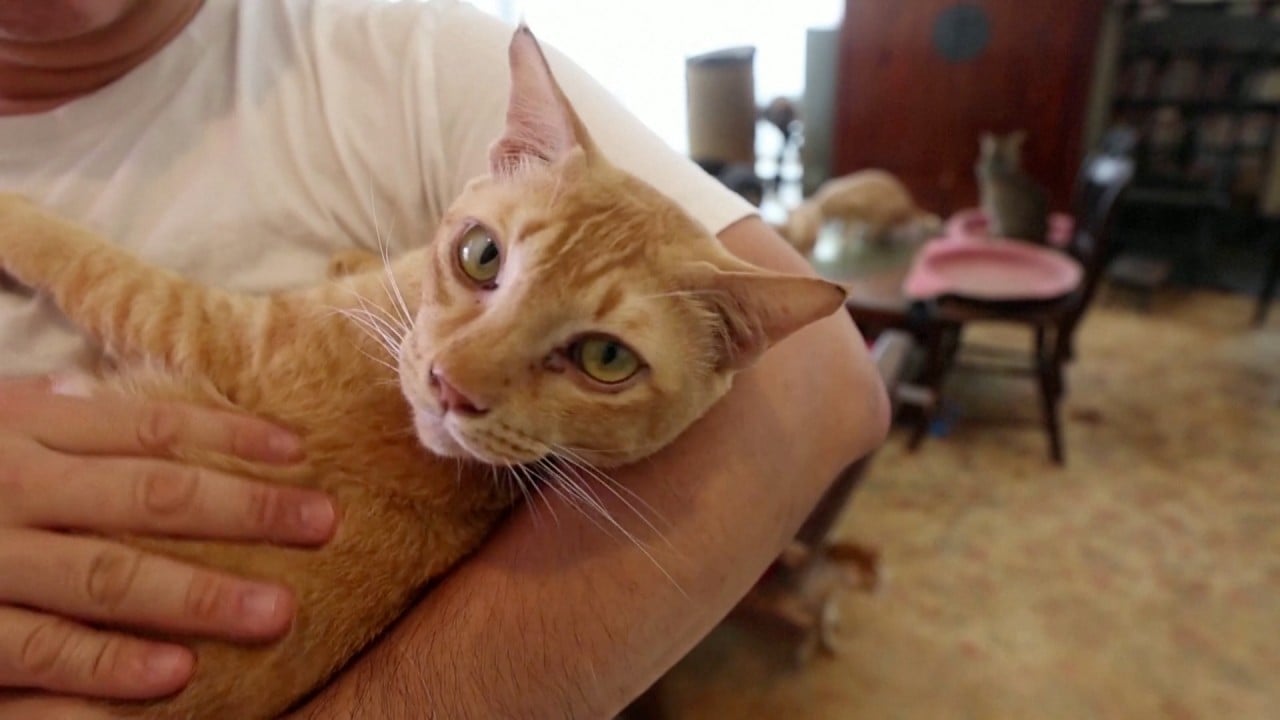The ski trip led by Lee did not just help break the ice for his chosen group of strangers – it has snowballed into a full-fledged travel company called Sotravel. Lee now runs the firm full-time with a lean team of two others, reeling in young Singaporeans who have been bitten by the travel bug and are looking for new ways to form friendships.
Singapore minister S. Iswaran resigns after being charged with taking bribes
Singapore minister S. Iswaran resigns after being charged with taking bribes
His business is one of a handful in the city state tapping into pent-up demand fuelled by Singaporeans who are seeking fulfilling experiences and interactions after more than two years of talking to people behind computer screens or masks.
Lee said the Covid-19 pandemic left little room for what he called “organic” ways of meeting people. “Over the last few years, a lot of things have moved online. Work, dating and even shopping for groceries. Naturally, we need new organic ways to form genuine connections with others.”
Many young Singaporeans, who saw significant periods in their lives – such as entering university and starting their first full-time jobs – disrupted by Covid curbs, are eager to meet new people and form friendships.

Singapore’s Gen Z – who are born between 1997 and 2010 – make up a third of the population, while millennials – born between 1981 and 1996 – account for a fourth, according to online reports.
Young adults who spoke to This Week in Asia cited various reasons for the desire to cultivate platonic relationships, such as having too many tasks to juggle or a lack of avenues to do so in the workplace.
Joanna Lam, 36, a strategy director, said she typically went for drinking sessions with colleagues previously but saw all that change since the pandemic hit.
“I think it made work a lot more remote for me and I didn’t have regular work lunches or happy hours any more,” she said, adding that she also missed having an element of “serendipity” in her life.
Sociologist Tan Ern Ser said, however, that even as young Singaporeans had been chatting and keeping in touch with their friends through their mobile devices, it might not be quite the same as meeting up.
“I reckon the experience of the Covid years, the ubiquitous presence of social media in everyday life, as well as the intense focus on career aspirations, may come in the way of in-person social interactions,” Tan explained.
Vape escape: Southeast Asia gets to grips with e-cigs as Gen Z piles in to puff
Vape escape: Southeast Asia gets to grips with e-cigs as Gen Z piles in to puff
Desire to connect
Besides Lee, other enterprising Singaporeans have also come up with similar platforms to help people form new friendships, with about six such companies emerging in the last few years.
In 2022, Joell Tee, 26, embarked on a passion project – Dinner With Strangers – which, as its name suggests, brings a group of strangers together to talk while sharing a meal.
Interested participants have to first fill out a questionnaire with unorthodox questions that would draw out more intimate details about themselves, such as how they would describe their job to an eight-year-old, what is an interesting question they would ask someone at a bar, or a niche hobby they would like to explore if time and money were not an issue.
Tee then creates anonymous profiles of selected participants, which will be shared among the group of 14 selected people.
“I didn’t want jobs to be the first thing people found out about each other,” she said. “I wanted to show a different side of people and in that way, the ice is already somewhat broken and when you come into the dinner, you won’t have to think about what you want to talk about.”

Though most of Tee’s dinners have been oversubscribed with up to 50 people registering for each, she prefers to keep the group size smaller so that it would not be too “overwhelming” for introverts while also ensuring that dinner guests are not forced to be in “constant conversation”.
She was surprised at the overwhelming response she had received so far. “I guess Singaporeans are not all that reserved,” she said with a laugh.
“I do think there’s a shift in our lifestyles and not everybody is following that linear path of getting married early and settling down. A lot are finding that their friends are moving on to a different phase in their lives, and it’s not easy to make friends at the office,” she added.
Civil servant Ang Rui Xuan, 26, took a leap of faith to sign up for one of Tee’s dinners when she returned to Singapore after completing her masters in the Netherlands.
“I’m quite happy with my social calendar – I see friends fortnightly and sometimes weekly, and try to spend some time with my family on the weekends … But as I’ve just returned to Singapore from my studies abroad, my social circle has shrunk a little compared to when I left,” she said.
As Singapore debates car prices, is the COE system due for ‘significant reforms’?
As Singapore debates car prices, is the COE system due for ‘significant reforms’?
Another enterprising Singaporean aimed to foster new friendships closer to home. Grace Ann Chua, 30, wanted strangers among neighbours to get to know each other through her social enterprise Friendzone.
After years of living at a university dormitory, where Chua formed close relationships with her neighbours and met them often to play sports and share meals, she felt that this sense of community was missing when she returned to living at home.
Chua co-founded the platform with two others, which now facilitates monthly gatherings across different neighbourhoods in Singapore, on top of meet-ups for people from the same industries.
Singaporeans typically do not have the habit of striking up a conversation with their neighbours, according to Chua.
“Culturally, Singaporeans don’t often say hi to strangers,” she said, but noted that beyond just a greeting, there needed to be a space for people to develop these relationships into something more meaningful or deeper.
“It’s both about opportunities and down to an individual’s initiative. Sometimes, there needs to be somebody – the government, an organisation, or an interest group – to create avenues for strangers to come together to socialise. There’s a gap there,” she said, explaining that most who attended Friendzone events tended to be in the right “head space” and ready to meet others.
Chua hopes that this trend will change the way people navigate their social lives and help them develop the courage to talk to strangers.
“Hopefully, what we can communicate through Friendzone is that anyone can take the initiative to start a conversation and build a friendship.”


